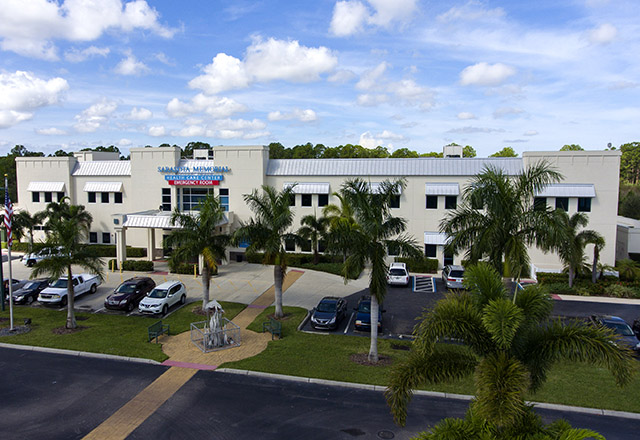Headaches in Children
Headaches, or pain in the head or face, are a common childhood complaint. Although most headaches are not life-threatening, they can be disabling and impactful to a child’s productivity and quality of life.
If headaches are impacting your child’s performance in school, extracurricular activities or normal everyday tasks, a comprehensive approach to management may be beneficial. At Johns Hopkins All Children's Hospital in St. Petersburg, Florida, we treat children of all ages for headaches, serving families in the greater Tampa Bay area and beyond.
Learn more about types of headaches in children.
Our Approach to Treating Headaches
At Johns Hopkins All Children's, our approach to treatment looks at all aspects of your child’s needs and may involve modifications to daily habits and/or medication. Your child may also meet with a rehabilitative medicine specialist or a therapist to solve any underlying health issue that may be contributing to the headaches.
The comprehensive management of headache disorders includes the incorporation of medications and non-medication therapies. Your doctor will provide you with education about every option that is available and indicated to help your child.
What You Can Expect
During your child’s visit, you will meet with a pediatric neurologist who has special training in treating headaches. Together you will:
- Review your child’s medical history
- Discuss symptoms and factors that may be contributing to headaches
- Talk about possible treatment options
It may be helpful to start a headache journal before your child’s appointment. Record the day and time that the headache occurs, how long it lasts and where it is on the pain scale. If possible, it may also be useful to record any activities happening at that time and recent food or drink.
Often, headache history is enough to start developing a treatment plan. Sometimes other screening tests, such as blood tests or neuroimaging, may be necessary. Typically, these checks can be completed at Johns Hopkins All Children’s Hospital.
In addition to a treatment plan from your child’s doctor, we can walk you through steps families can take to help prevent or lessen the severity of their child’s headaches.
These include:
- Eating healthy foods. Children should eat three meals and three healthy snacks every day.
- Drinking enough water. Your child should drink at least 10 ounces of water for every 30 pounds of their weight every day.
- Getting enough sleep. Children should sleep between 8-12 hours per day.
- Exercising at least 60 minutes per day, five days a week.
- Limiting screen time. The American Academy of Pediatrics recommends parents place consistent limits on screen time for children and teens ages 5-18.
- Addressing stress. Cognitive behavioral therapy, along with other modes of therapy may help reduce stress, anxiety and other symptoms that can trigger or worsen your child’s headaches.
Talk to your child’s doctor if he or she has more than one headache per week, or if the headaches are impacting your child’s ability to function in school or at home.
Call 911 or take your child to the nearest Emergency Center if they develop a new, sudden onset, severe headache with associated neurological deficits (such as altered level of consciousness, visual impairment, language deficit, sensory deficit, motor deficit, coordination/balance deficit and/or gait deficit).
Contact Us
For more information or to make an appointment, please give us a call at the phone number below. We serve families in the Tampa Bay area and beyond.
Give us a call
Request an Appointment
Click here to request an appointment by selecting "neurosurgery," and a member of our team will contact you.

Our Locations
-
Outpatient Care Center
Johns Hopkins All Children's Hospital 601 5th Street South, St. Petersburg, FL 33701
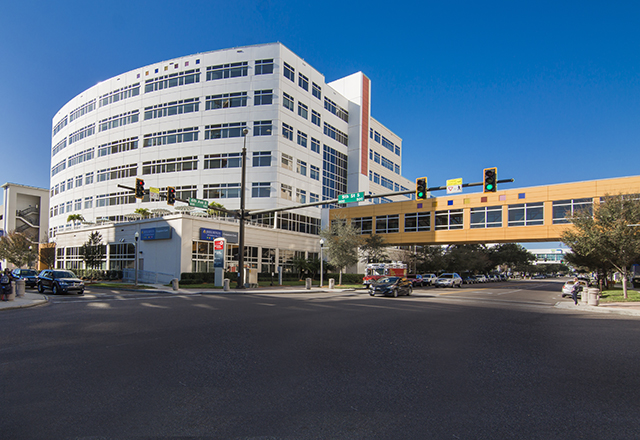
-
Johns Hopkins All Children's Outpatient Care
Tampa 12220 Bruce B Downs Blvd., Tampa, FL 33612

-
Johns Hopkins All Children's Outpatient Care
Sarasota 5881 Rand Blvd., Sarasota, FL 34238
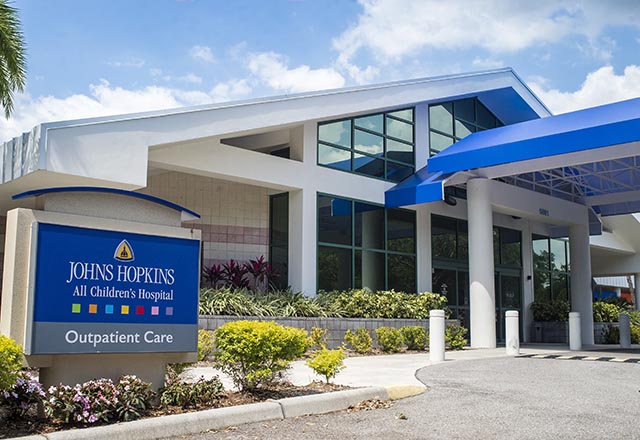
-
Johns Hopkins All Children's Outpatient Care
East Lake 3850 Tampa Road, Palm Harbor, FL 34684
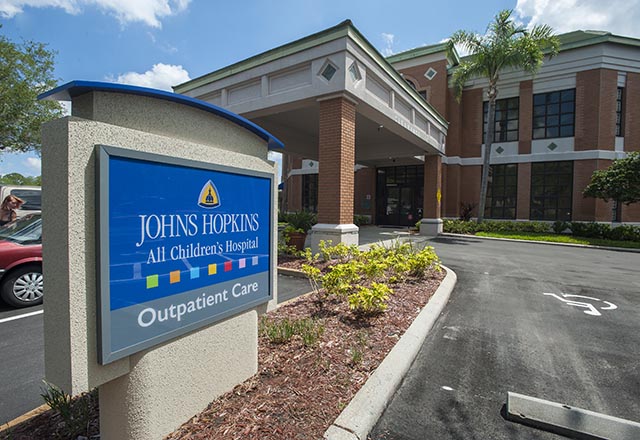
-
Johns Hopkins All Children's Outpatient Care
Pasco 4443 Rowan Road, New Port Richey, FL 34653
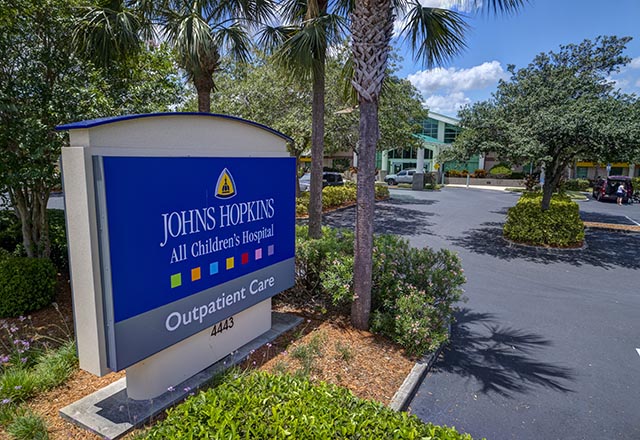
-
Johns Hopkins All Children's Outpatient Care
North Port 2345 Bobcat Village Center, North Port, FL 34288
